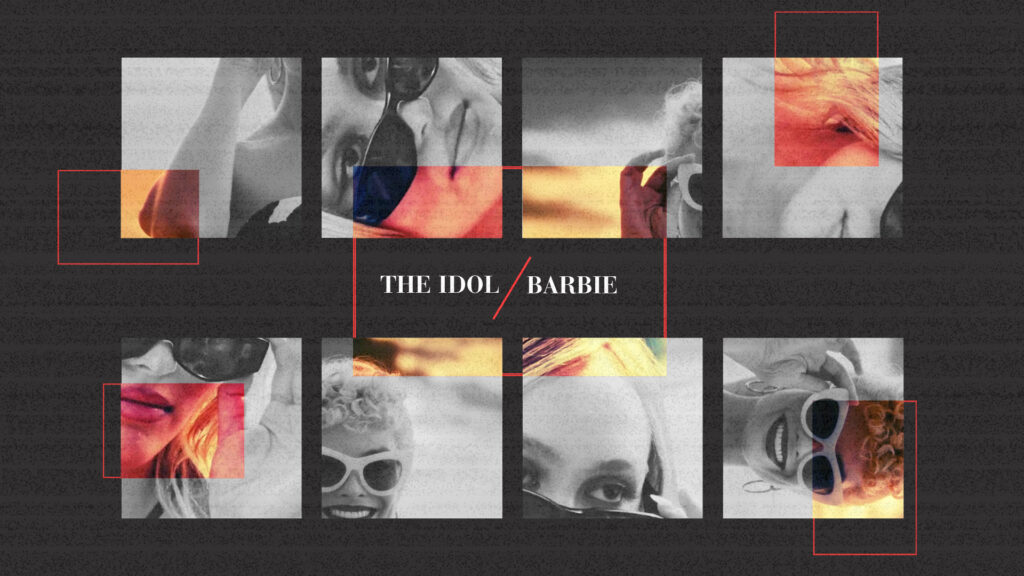
Two mega production houses.
Two very anticipated releases.
One scored a billion dollars at the box office, and the other only achieved one-star reviews.
The perception of women in the media has always been a controversial subject. The objectification of women has been rooted in cinema and television for decades. It is a rare occasion to make a piece of media where women are perceived through a lens that sincerely understands their emotions and not just as an added accessory to the ever-strong male lead. Times are changing, and people need to see authentic representation, but how the industry reacts to these changes is still under review.
Greta Gerwig’s latest hit, Barbie, and Sam Levinson’s show, The Idol, both revolve around a female protagonist. Although, their portrayal has sparked fresh controversies. Barbie is seen to be winning hearts with their feminist monologue, whereas The Idol, even after showing the female lead’s vulnerabilities, couldn’t actually establish any connection with the audience. The expected character development did not take place, and it was disappointing.
The Idol has been the target of angry articles in the media from the moment news of its being in production broke. The show stars popstar Abel Tesfaye, popularly known as The Weeknd and Lily-Rose Depp, who plays the main character, Jocelyn. She falls in love with a cult leader and nightclub owner, played by Tesfaye. From the first episode, the show has had disturbing scenes, often indulging in gratuitous nudity. Even the script seems to reek of unnecessary sexualising undertones and no-brainer offensive lines, like “Mental illness is sexy”. In their review, Variety even went as far as calling it a sordid male fantasy.
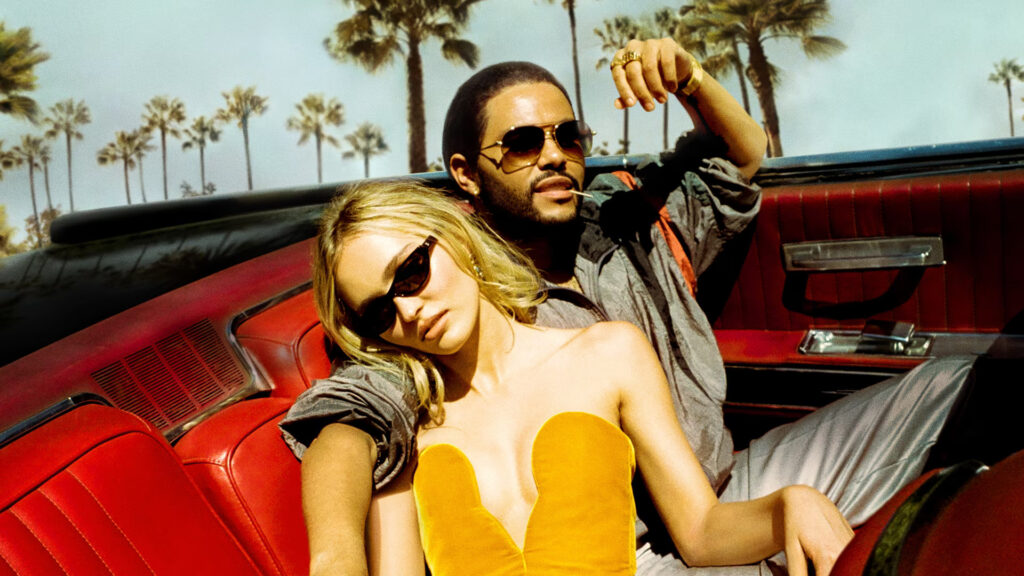
There’s already been so much noise around The Idol. The Weeknd announced the series two years ago, and its development has been subject to a lot of scrutiny. Last year, director Amy Seimetz walked away from the show with the season mostly complete; the Weeknd reportedly raised concerns about it being too women-centric. Sam Levinson, already on board as producer and co-creator, scrapped and redid the entire series.
The show began with Jocelyn being photographed for an album cover, attempting to make a comeback after her self-imposed exile because of her mother’s sudden death. She is immediately shown to be trying to wriggle out of her exploitative nudity contract – likely added for shock value at the very least and for unfinished commentary at best. The show would still be tolerable if The Weeknd and Levinson’s claims about it being an insightful view into the music industry’s dark side were true. But the only inspiration for the show seems to be what can best be described as torture fetish porn. Tedros seems shady and controlling like a predator waiting to pounce on its next prey. He owns a music label, where the artists under him are controlled through extreme methods, that cross boundaries and leave them vulnerable. Leia, Jocelyn’s best friend of several years, attempts to warn her about him – “He is so rapey”, and Jocelyn’s reply is startling – “Yeah, I kinda like that about him.”. Shows like these are watched by millions of unsupervised teenagers, especially impressionable girls, who might get the idea that toxic men are the norm.
There were an unhealthy amount of scenes with Lily Rose-Depp in hyper-erotic situations. The show could never establish the background for Jocelyn’s character; Why she was a mega popstar, or even her connection with Tesfaye, which was disturbingly sexual, toxic and superficial at best.
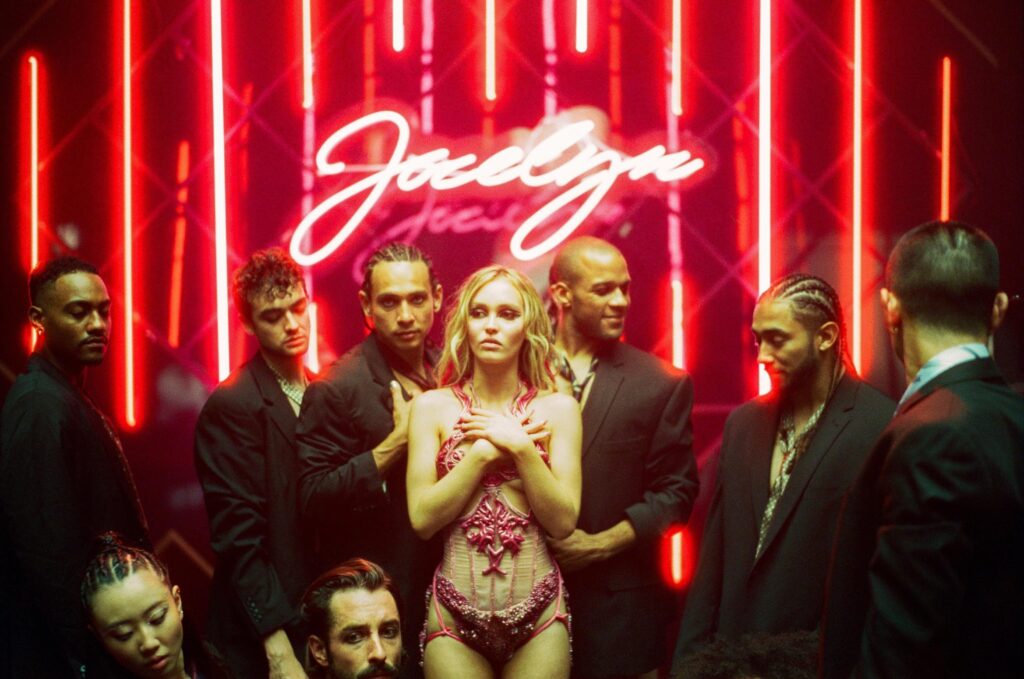
The show, till its conclusion, does not pick up any of the original direction. It can be concluded that Levinson and The Weeknd, together, pushed their fantasies onto a big-budget show from HBO.
On the other hand, we have Greta Gerwig, a director and writer known for her fantastic depiction of girlhood – in a way no one has done before. Her movies are mostly female-centric, and she continues to produce hit after hit. Her film, Barbie, had so much going on. It was subversive, funny, thought-provoking and truly a delight to watch. It is a multifaceted movie with social commentary on how societal standards can deeply affect one’s individuality. The movie is so loudly feminine and feminist but still loved by the masses; it was refreshing, to say the least.
Women are rarely allowed to celebrate their interests and likings peacefully, and this release brought something new to the table. The plot could have been more extravagant, but it was very enjoyable nonetheless. The stereotypical Barbie (played by Margot Robbie) hails from Barbie Land, where everything is perfect – like a fairy tale, and starts having an existential crisis, and she must travel to The Real World to fix it. Ken, played by Ryan Gosling, follows her out and gets exposed to the patriarchy in the real world. This newfound school of thought, that places importance on men makes him question how things worked at Barbie Land, where the society was matriarchal. He brings back patriarchy to Barbie Land and changes it to be the Kendom. Barbie’s journey to fix this and her ongoing crisis is filled with enlightenment, painful revelations, new friends, and joy.
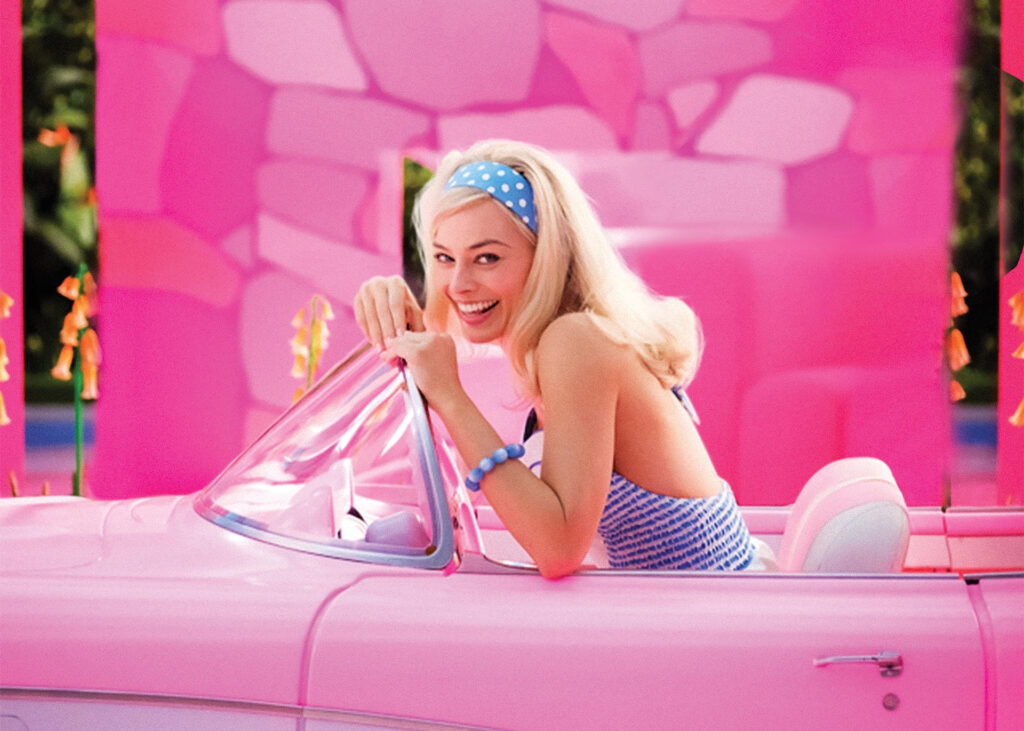
Experiencing adulthood, women making discoveries about themselves, reinventing themselves; these are ideas common to both pieces. Yet, how the makers explored these ideas were very different from each other. On the one hand, The Idol showed Jocelyn realising Tesfaye manipulated her, but she still returned to him. Her team tried their best to get rid of him for good, but as depicted, he shared a bond with Jocelyn which seemed inexplicable to the audience. She seems to have healed from her trauma through his toxic methods, leading to her opening up emotionally. This is not only a poor plot choice but could also set a dangerous example for the audience. Going back to her abuser should not have been shown in a positive light.
On the other hand, Barbie and Ken made some insightful discoveries about themselves. The movie challenged beauty standards, stereotypes and gender norms. She’s everything, and He’s just Ken – but towards the end of the film, Ken was set on creating an identity for himself; Barbie was ready to embark on a journey outside of the superficial world she had spent her whole life in. She enters the human world, wanting to explore complex emotions and discover what it means to be a woman. Her journey and self-reflection are depicted artfully and are relatable enough to make one tear up.
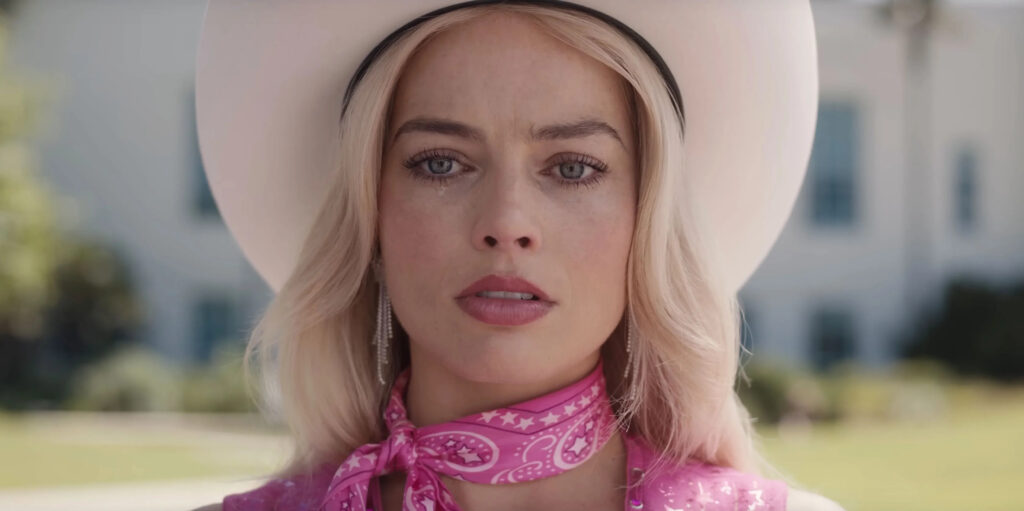
Barbie’s success should give more female writers and directors inspiration. It should be a key lesson for filmmakers – that women-centric films can take over the box office if done right. It need not be a supermodel with crazy sex appeal who’s utterly perfect to boot. Get your audience to relate to your art; the rest just follows.
Content consumption is a leisure activity, but what we watch certainly impacts our subconscious. Pick your streaming platforms wisely and pick your feminism too. We are, after all, images of what we consume; in today’s day and time, you must be aware of your reflection.
“Feminism isn’t about making women stronger. Women are already strong; it’s about changing how the world perceives that strength.”
(G.D Anderson)
Written by Jahnavi Singh for MTTN
Edited by Rachana Raman for MTTN
Featured Image by Rachana Raman for MTTN
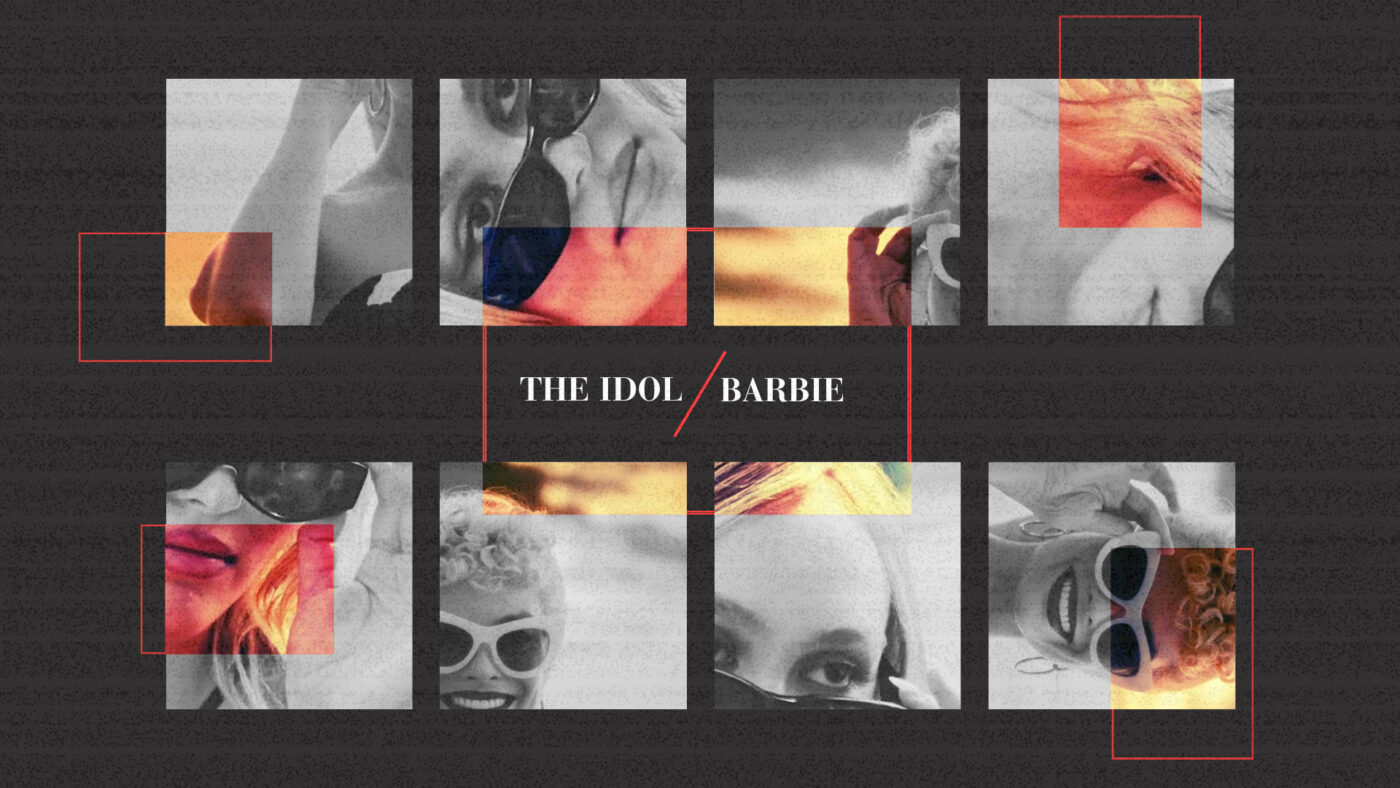
Leave a Reply
You must be logged in to post a comment.